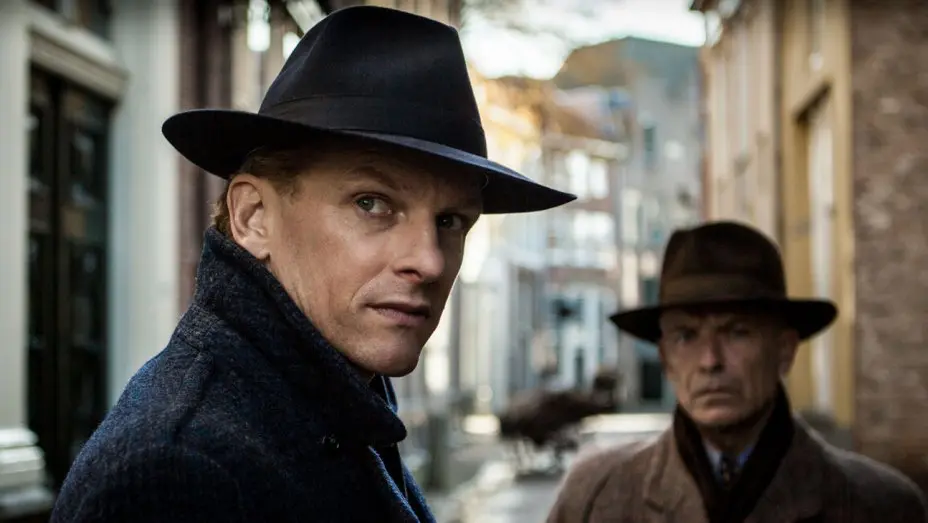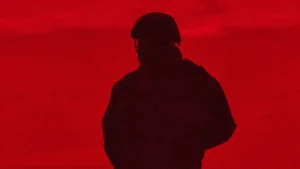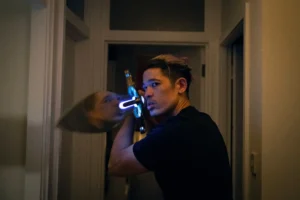Summary
The Resistance Banker assumes a bit more familiarity with the story than is probably reasonable, but it’s still a competently made and interesting World War II drama.
The Second World War might be the most catastrophic failure of civilisation in humanity’s brief history, but it’s a limitless font when it comes to stories of bravery and ingenuity in the face of terrible tyranny. Joram Lursen’s period drama The Resistance Banker is such a story; the real-life account of Walraven van Hall (Barry Atsma), a Dutch banker who defrauded the Germans of millions, which he then funnelled to the Dutch Resistance.
Being set in the Nazi-occupied Netherlands is The Resistance Banker’s major selling point; yet another fascinating and important story to be told about a conflict that is often dominated by American and British troops storming the beaches. The regular citizens trying to live their lives under German heel are often overlooked by history, but evidently not by the nations they represent – The Resistance Banker was a critical and commercial hit at home, and has been selected to represent the Netherlands in the race for the 2019 foreign-language film Oscar.
It also attracted the attention of Netflix, where it debuted yesterday. Written by Marieke van der Pol, Thomas van der Ree and Winchester McFly, the film is competently-made and tells a story well worth hearing, but it struggles with pacing and perhaps assumes a little more familiarity with the real-life account than is strictly reasonable.
This puts The Resistance Banker in the awkward position of being too slow in the early-going, but also too brief in its explanation and depiction of certain key events. The construction of the underground bank by Wally and his brother Gijs (Jacob Derwig) is a little too easy, which fails to build the tension and sense of risk that you’d expect.
Stick with it. The film’s latter half is much better, as the growing Resistance needs more money that they have to procure from somewhere, and the increasingly-suspicious Nazis come to realise exactly how that Resistance is being financed. The hectic structure and editing helps out here, with a grand scheme to exchange promissory notes for counterfeits benefiting most from the built-up excitement.




